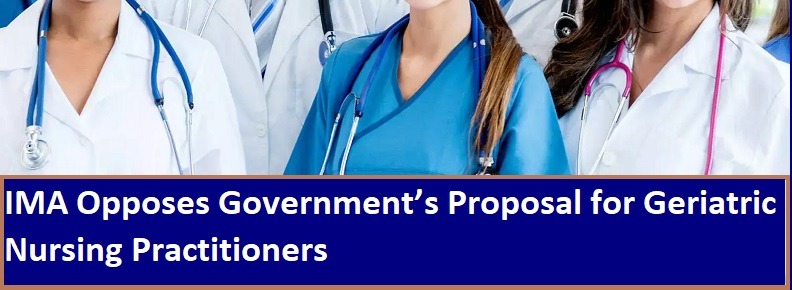Maharashtra Allows Homeopaths Doctors to Prescribe Allopathy Medicines
Maharashtra Allows Homeopaths Doctors to Prescribe Allopathy Medicines
Mumbai: Homeopathic practitioners are permitted to prescribe allopathic medications if they have successfully finished a certificate course in modern pharmacology, as recently clarified by the Maharashtra Food and Drug Administration.
In a directive issued to chemist retailers and wholesalers in the state, the Maha FDA stated that all drug dealers (retailers/wholesalers) are allowed to sell allopathic medicines to registered homeopaths who have completed the modern pharmacology course.
Additionally, the FDA specified that there are no restrictions preventing retail drug dealers from dispensing allopathic medications prescribed by such homeopathic practitioners.
The directive from Maha FDA states that all retail and wholesale drug sellers are allowed to sell allopathic medicines to homeopathic physicians who have completed the required training, and retail drug sellers can distribute medications according to prescriptions from these physicians.”
This announcement follows nearly ten years after the State Government redefined “registered medical practitioners” under the Maharashtra Medical Council Act by including homeopathic practitioners. In reference to the new directive, FDA Commissioner Rajesh Narvekar noted on Friday that there has been confusion among pharmacists regarding allopathic prescriptions written by homeopathic doctors.
He emphasized, “Our directive makes it clear that the government altered the definition of registered medical practitioner in 2016 to incorporate homeopaths who completed a state government-recognized certificate course in modern pharmacology.”
Despite the satisfaction of homeopathic practitioners, led by Maharashtra Homeopathic Council Administrator Dr. Bahubali Shah, regarding the new FDA rule that permits them to engage in modern medicine, those in the field of modern medicine represented by the Indian Medical Association (IMA) are dissatisfied with this change. According to a recent news article in the Times of India, the IMA intends to pursue legal action against this directive that permits “mixopathy.” In his remarks on the situation, Dr. Santosh Kadam, the President of IMA Maharashtra, remarked, “We sought legal intervention when they received authorization to practice, and the matter is still pending in court. We will additionally contest the FDA directive legally.”
The Maharashtra Medical Education and Drugs Department issued a notification permitting Homeopathy practitioners throughout the State to engage in modern medical practice. According to the special notification released on September 27, 2017, individuals who earned the Licentiate of Court of Examiners of Homeopathy (LCEH) degree between 1951 and 1982 were eligible to register with the Maharashtra Medical Council (MMC).
This decision faced significant opposition from allopathic doctors in the State, who questioned how homeopathy practitioners could register with the Medical Council. The allopaths also accused the government of endorsing cross-pathy. Subsequently, when the Indian Medical Association (IMA) contested the State Government’s notification before the Bombay High Court, the HC bench issued a stay on the Maharashtra Medical Education and Drug Department’s notification that permitted homeopathic doctors to practice modern medicine.























